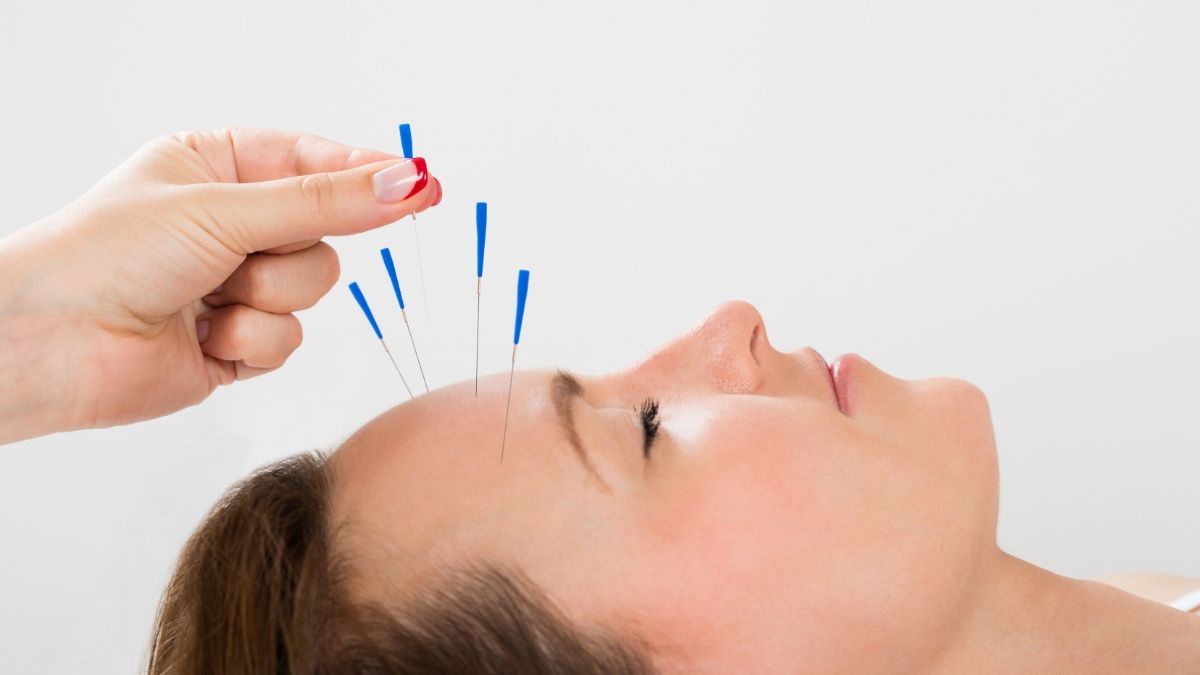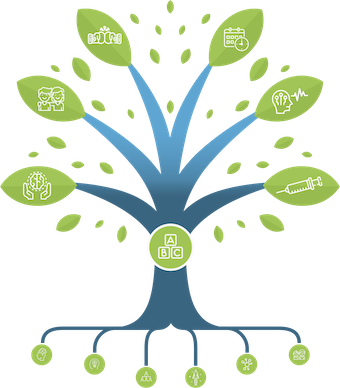Acupuncture: is it a good option for migraine?
Acupuncture involves the use of small needles inserted through the skin. According to the Asian theory of meridians, this may influence energetic networks in the body and have positive effects on health. For the treatment of pain, more recent theories propose that acupuncture needles may induce the release of endorphins (the pain killing chemicals), thereby assisting in pain control.
Does acupuncture work for migraine? Is it only a placebo?
There are multiple studies on the use of acupuncture for migraine prevention. Some studies compared «real acupuncture» where needles are inserted according to traditional asian theories of the meridians and «sham acupuncture» where needles are inserted without following those rules. Sham acupuncture is considered a «placebo procedure».
In those studies, both groups (real and sham) did improve in migraine frequency. The true acupuncture was barely different from the sham acupuncture. Different analyses disagree on whether or not the difference is significant. We can conclude that acupuncture may improve migraines, but this may be related to a strong placebo effect (needling and relationship with provider). (See this post)
Is acupuncture helpful for chronic migraine?
Acupuncture has also been compared to topiramate, an anti-epiletic used for migraine prevention. This study was done for chronic migraine. Once again, both approaches did improve migraine frequency (patients went from 20 days per month down to 10 days, a significant improvement), but topiramate had more side effects. From this we can conclude that acupuncture is well-tolerated and could be used for chronic migraine.
Can I use acupuncture if I am pregnant?
Acupuncture is generally recognized as safe during pregnancy, a time where most oral drugs are better avoided. It can be an option for pregnant migraineurs. Always discuss your plans to get pregnant with your physician. (See this post).
Is acupuncture a good long term option?
Like other preventive treatments (for example Botox), acupuncture has to be used regularly to be effective. Treatments should be performed once per week or every two weeks. Some patients using acupuncture report that they improve when they are treated but migraines come back if they stop the treatments. Regular treatments involve costs and time. Other patients report that a few treatments stopped a bad cycle and led to a lasting improvement. In the end, every person with migraine may make a different decision based on his/her personal situation.
Read more: https://nccih.nih.gov/health/acupuncture/introduction
References
1. Foroughipour M, Golchian AR, Kalhor M, Akhlaghi S, Farzadfard MT, Azizi H. A sham-controlled trial of acupuncture as an adjunct in migraine prophylaxis. Acupunct Med. 2014 Feb;32(1):12-6.
2. Meissner K, Fassler M, Rucker G, Kleijnen J, Hrobjartsson A, Schneider A, et al. Differential effectiveness of placebo treatments: a systematic review of migraine prophylaxis. JAMA Intern Med. 2013 Nov 25;173(21):1941-51.
3. Diener HC. Acupuncture prophylaxis of migraine no better than sham acupuncture for decreasing frequency of headaches. Evid Based Med. 2013 Feb;18(1):33-4.
4. Li Y, Zheng H, Witt CM, Roll S, Yu SG, Yan J, et al. Acupuncture for migraine prophylaxis: a randomized controlled trial. CMAJ. 2012 Mar 6;184(4):401-10.
5. Yang CP, Chang MH, Liu PE, Li TC, Hsieh CL, Hwang KL, et al. Acupuncture versus topiramate in chronic migraine prophylaxis: a randomized clinical trial. Cephalalgia. 2011 Nov;31(15):1510-21.
6. Pickett H, Blackwell JC. FPIN’s clinical inquiries. Acupuncture for migraine headaches. Am Fam Physician. 2010 Apr 15;81(8):1036-7.
7. Linde K, Allais G, Brinkhaus B, Manheimer E, Vickers A, White AR. Acupuncture for migraine prophylaxis. Cochrane Database Syst Rev. 2009(1):CD001218.
Post#1201
Categories
THE MIGRAINE TREE
- BRANCHES
- ACUTE TREATMENTS
- DEVICES AND NEUROMULATIOIN
- PREVENTIVE TREATMENTS
- PROCEDURES AND INJECTIONS
- SELF-CARE AND LIFESTYLE
- SOCIAL LIFE
- TRUNK
- ROOTS
OTHER CATEGORIES




